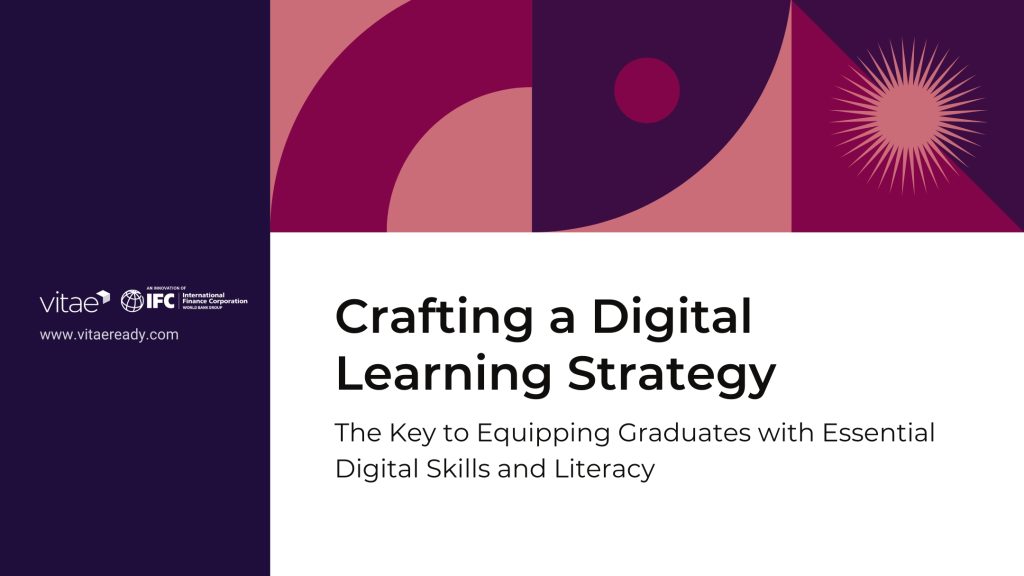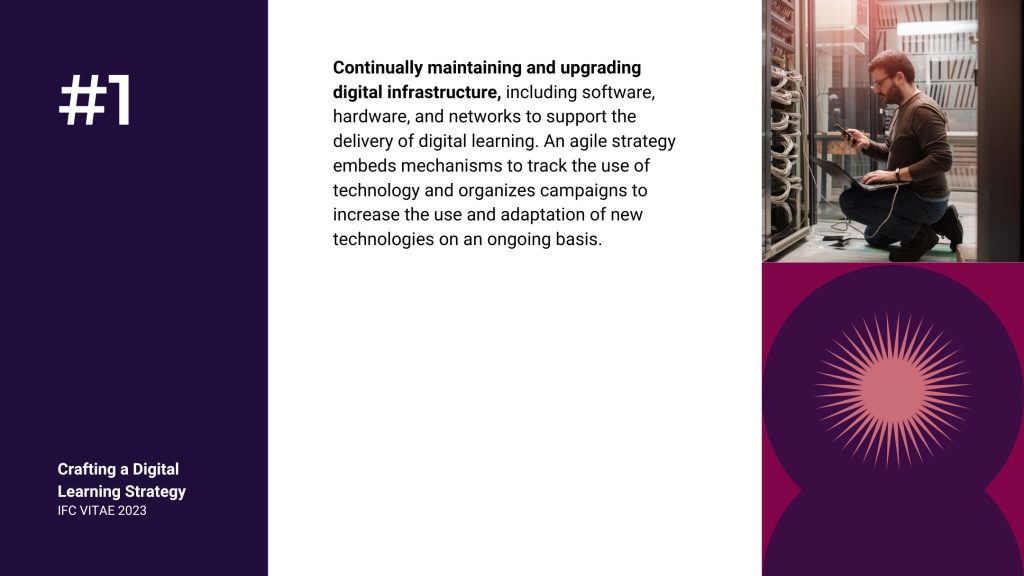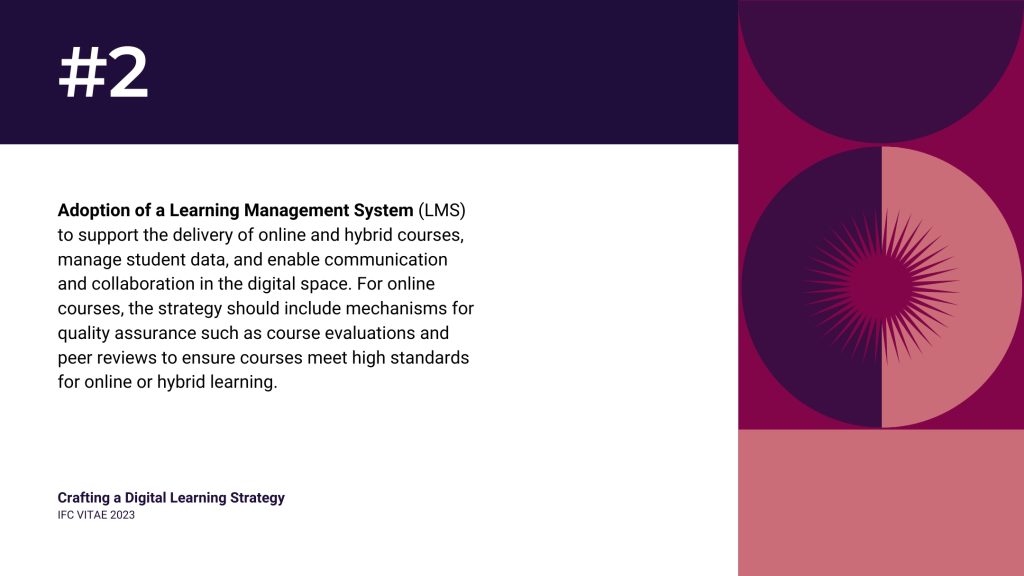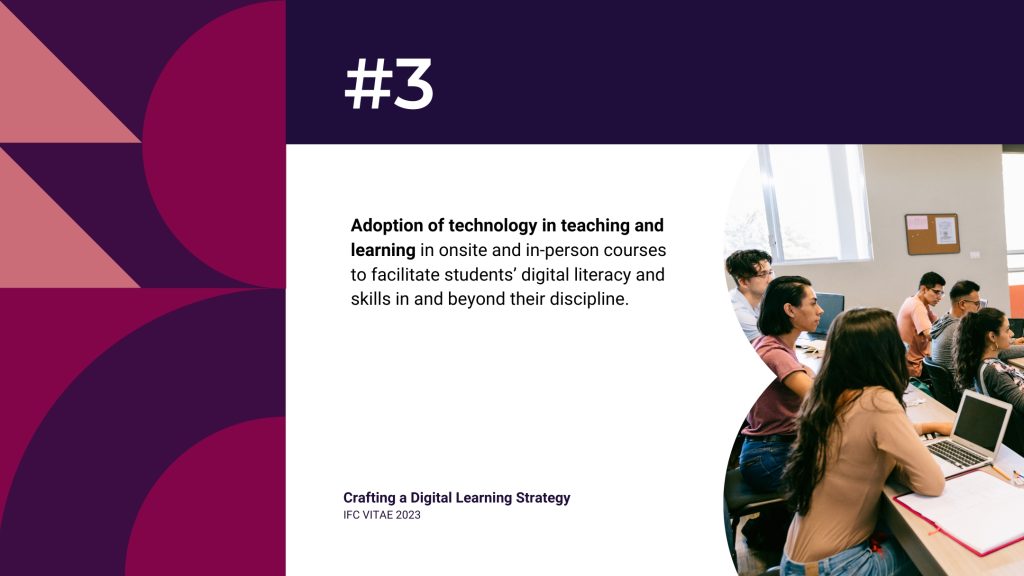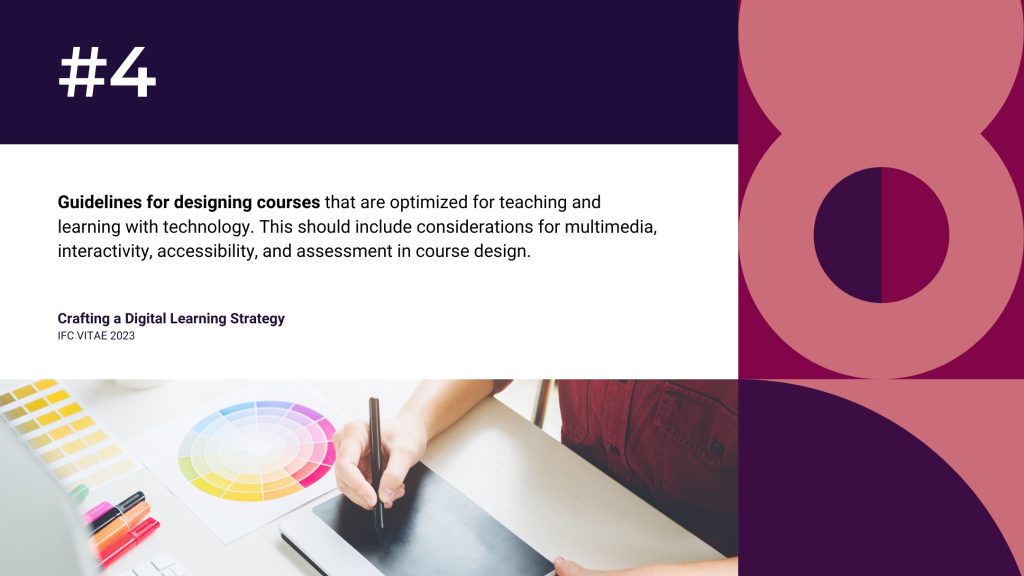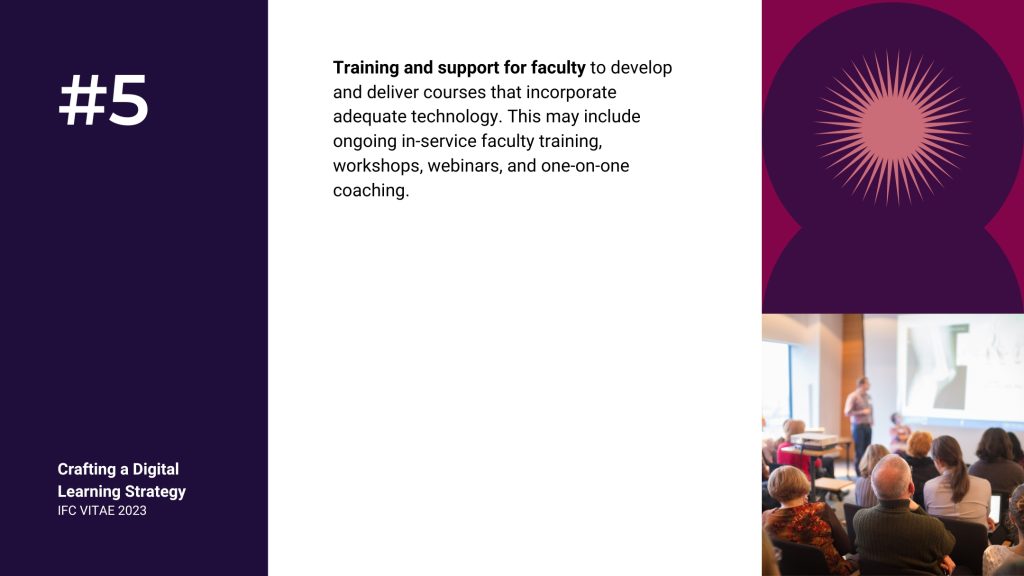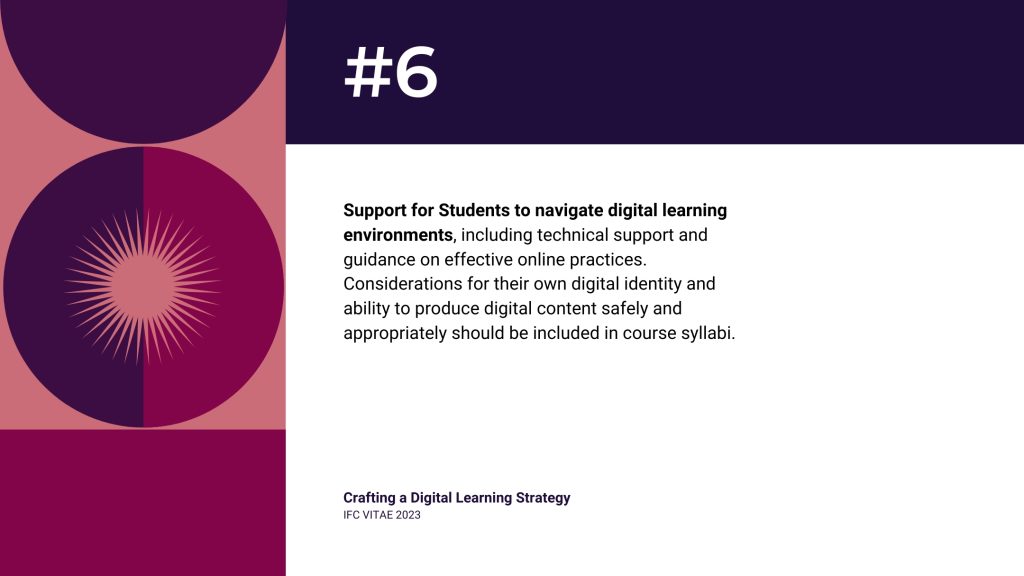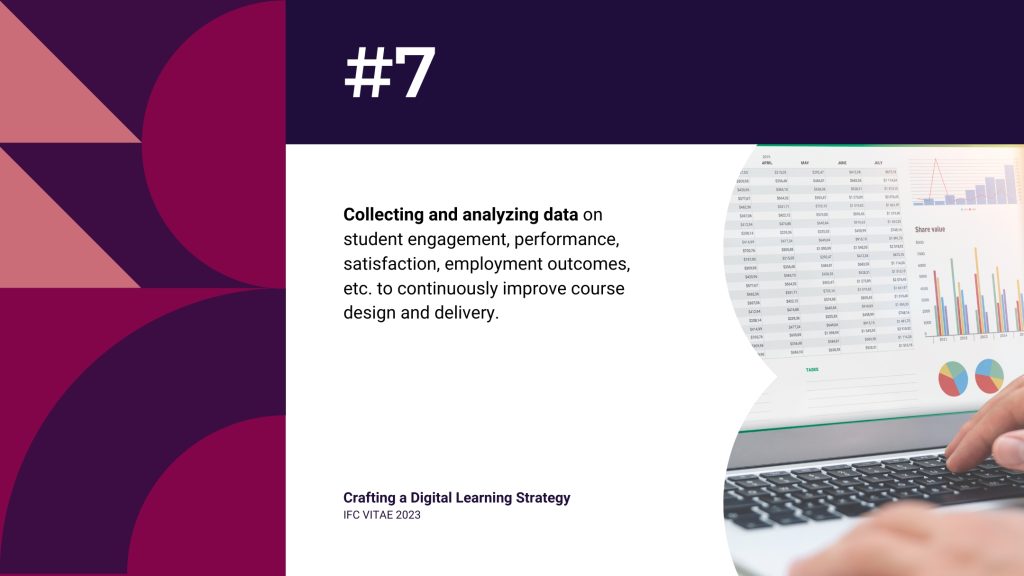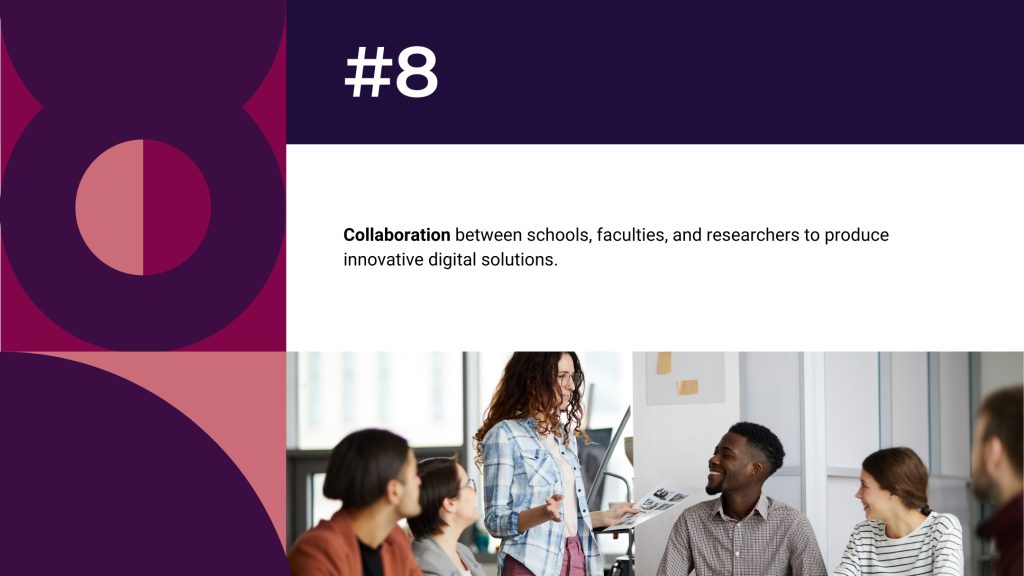المهارات الرقمية هي مهارات التوظيف
لماذا مؤسسات التعليم العالي في التكيف
مع التكنولوجيات الرقمية و منظمة العفو الدولية إعادة تشكيل سوق العمل ، والكفاءة في المهارات الرقمية أصبح شرط أساسي للتوظيف – بغض النظر عن الدراسات العلياs الكبرى. الطلب على المهارات الرقمية سوف ترتفع في العقد القادم كما السائدة الوظائف التي مضى الحاجة المهارات الرقمية يمكنك البدء في القيام بذلك. وفقا المنتدى الاقتصادي العالمي:
- أرباب العمل تقدير 44% من مهارات العمال سوف تتعطل بحلول عام 2028
- 6 في 10 عمال يتطلب التدريب قبل 2027
- 45% من الشركات ترى تمويل التدريب على مهارات فعالة
These changes constitute a call to action for higher education institutions to incorporate digital skills and digital literacy into their curriculum. The IFC Vitae program has collected employability data from 100+ higher education institutions in 23 الأسواق الناشئة over the past four years, identifying trends in the employability outcomes of graduates and advising institutions on how they can take action.
Colleges and universities who pay more attention to the adoption of digital skills among faculty are likely to be more competitive. Less than 30% of faculty are embedding best practices like creative software and digital media into assessments. Universities can assist faculty in closing this gap by creating more opportunities for faculty to develop digital skills and proficiencies while still meeting their standard job requirements.
Despite the increasing demand for digital skills, most universities only provide common software applications, with a little more than half offering discipline-based software and significantly fewer offering students creative software, emerging technologies, or innovative technologies. Without further investment in digital skills, technology, and literacy, universities risk their graduates being less competitive in this digital age.
For any higher education institution to develop the digital skills of its faculty and students, they need a reliable IT infrastructure. Today, most higher education institutions support core digital learning activities on campus, but student access still needs to be improved. For example, authenticated access to digital devices on and off-campus is essential for colleges and universities to empower students and create the best employment outcomes for their graduates.
Digital transformation holds immense potential to unlock a whole new realm of possibilities for higher education institutions in the digital era, revolutionizing the job market and paving the way for groundbreaking advancements. In Africa alone, the World Bank Group estimates more than 650 مليون شخص بحاجة الرقمية والتدريب على المهارات لملء 230 مليون فرصة عمل بحلول عام 2030.
Digital upskilling presents an opportunity for universities to:
- تنمو الدورات التدريبية
- تتضمن المهارات الرقمية في المناهج الحالية
- في شراكة مع الصناعة المحلية لتحسين المهارات الرقمية من الطلاب والموظفين والمجتمعات.
الموعد النهائي للعمل هو هنا
In consideration of both – discipline-based digital skills to meet ever-changing industry expectations and discipline-neutral digital literacy that contributes to graduates الهوية الرقمية, الجامعات تشجع على التعبير الرقمي استراتيجية التعلم. مفتاح التعلم الرقمي استراتيجية للحفاظ على مرونة من خلال الاعتماد على العمليات الجارية و هياكل لدعم البيئة المتغيرة في التعلم الرقمي الفضاء. عموما الرقمية التعلم استراتيجية الجامعة يجب أن تكون شاملة ، للتكيف ، وشاملة تعكس الاحتياجات المتغيرة وتوقعات الطلاب وأعضاء هيئة التدريس والمجتمع. في هذا العرض التقديمي الذيسوف تجد العديد من المناطق للبدء.
